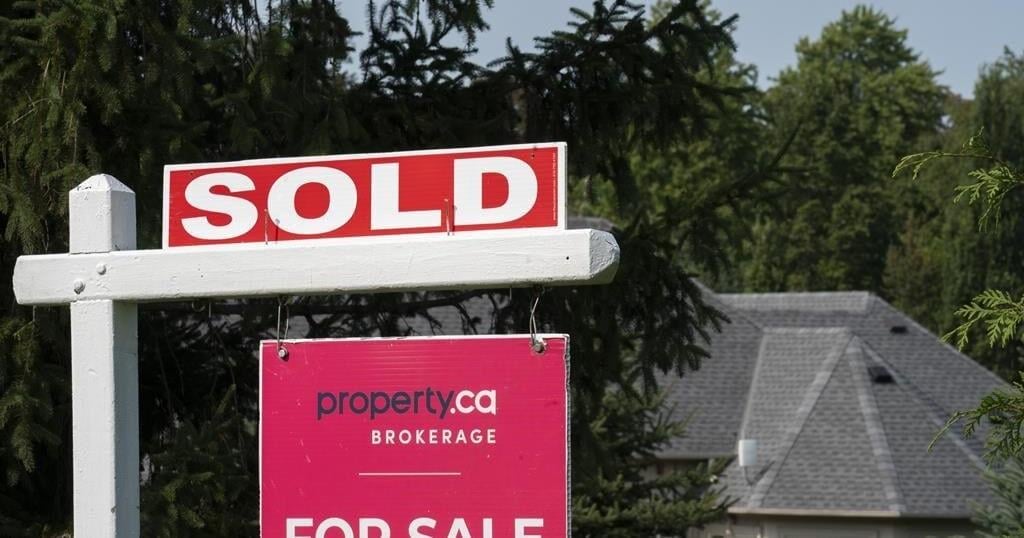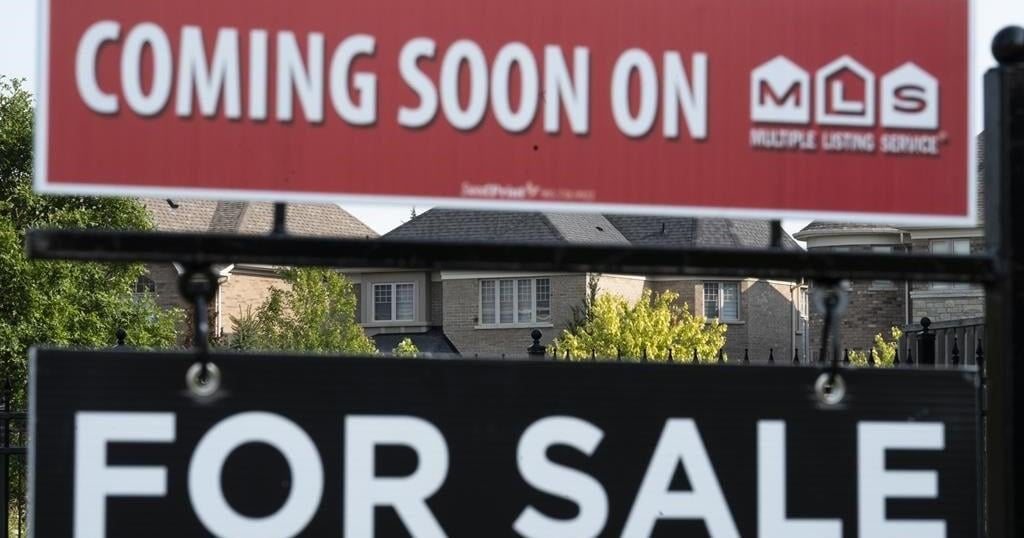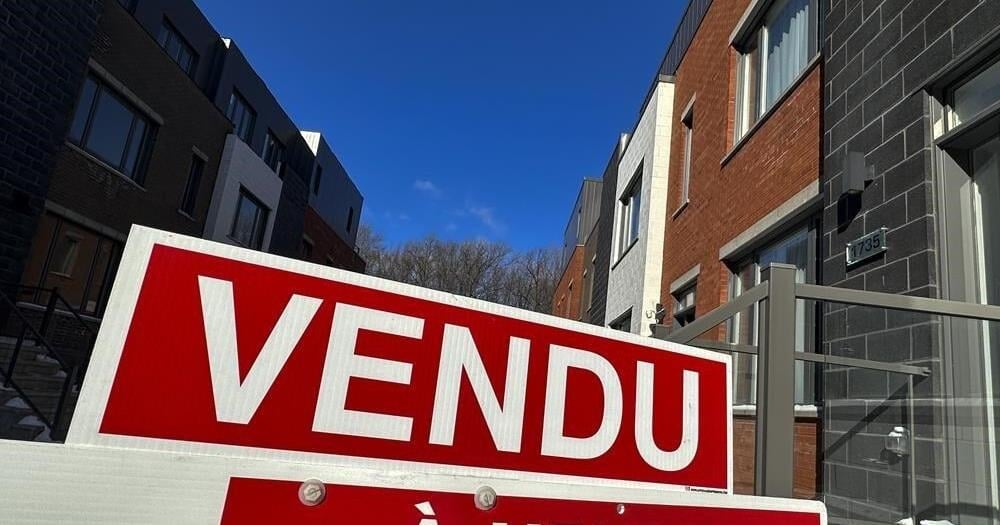How much do you value the services of a real estate agent?
Real eState
Opinion | How much is a real estate agent worth to you?
This might be a question you’ve never bothered to ask. According to the National Association of Realtors (NAR), about 90 percent of buyers and sellers used an agent last year, and mostly, that decision was probably automatic. Sellers needed them to get their homes on the Multiple Listing Service (MLS), a database of properties for sale that brokerages operate jointly. And buyers — well, maybe they haven’t needed agents in these days of Zillow and Redfin, but why not use them? After all, it costs them nothing, because the seller pays the fee.
But this arrangement has long been riddled with conflicts of interest and opportunities for collusion — which is one reason that Americans have been paying some of the highest real estate commissions in the world, typically about 6 percent split between the buyer’s and seller’s agents. Eventually, this invited lawsuits, and last year a Missouri jury thwacked NAR with a $1.8 billion verdict. Last week, apparently fearing more and worse to come, NAR announced a $418 million settlement that theoretically could radically change the way this market operates — by making it easier for sellers to negotiate fees and forcing buyers’ agents to work for their own clients, rather than for the sellers.
I say “theoretically” because, although for decades regulators and courts have been cracking down on too-cozy arrangements between real estate agents, the agents, with the enterprising spirit for which American business is so justly famed, kept finding new ways to maintain high fees. This could happen again. Yet the changes are substantial enough that it seems possible that this settlement will fundamentally alter how things are done. In which case Americans will have to ask themselves something they should have asked decades ago: How much is a real estate agent worth to you?

 Follow this authorMegan McArdle‘s opinions
Follow this authorMegan McArdle‘s opinions
The answer, I’m confident, will be less than 6 percent.
Arguably, the value of brokerage services has been dropping since NAR was founded in 1908. Just imagine how hard it would have been to buy or sell a house without an agent when buyers and sellers had no easy way to know which properties were available, which neighborhoods might be appealing, how much houses usually sold for or whether a place you saw advertised was something you’d actually be interested in.
Since then, the MLS has made the market more transparent and efficient, and agents deserve credit for creating it. But the advent of automobiles made it easier for buyers to zip from open house to open house, and photographs enable them to rule out properties before visiting them — without needing an agent to help narrow their choices. And now the internet has changed the game entirely. Today, home buyers go online to see detailed photos, virtual tours and every home’s past sales history. The internet also instantly delivers other data that brokers might once have offered: neighborhood crime rates, schools, problem residents, coming local developments, what nearby houses have sold for.
This is not to say buyers’ agents are useless — they can let buyers into houses, help them fill out paperwork, make sure the termite inspection happens and hold people’s hands through the biggest transactions of their lives. But if I imagine how much I’d personally be willing to pay for these services, it’s somewhere between $500 and $2,000. Today, an agent who finds a buyer a $500,000 home typically collects many times that amount.
Sellers’ agents potentially add much more value than that through expert staging, price setting, marketing and negotiation. But that potential is not always realized.
Many sellers find their brokers by getting recommendations from friends, which probably selects for amiability, rather than skill. Research suggests that brokers often underprice homes, either by mistake or because it’s in their interest to sell houses quickly and move on to the next deal instead of waiting for top dollar. When real estate agents sell their own homes, they take a few more days to sell, but for 3.7 percent more, a 2005 study from economists Steven D. Levitt and Chad Syverson found. According to a study from 2012, which looked at a market where the listing service was unbundled from other services such as marketing and negotiation, and many sellers didn’t use agents, adding a broker to the transaction reduced the selling price by 5.9 to 7.7 percent, suggesting that without the value of MLS access, those brokers were worse than useless.
These studies are a bit dated, and of course there’s a lot of variance in agent performance; the best might add value for their clients, and the worst might subtract it. If this settlement shakes the lower-performing agents out of the market, this could be good for customers and the better realtors — and maybe even justify some sizeable fees.
Still, it’s hard to believe that brokers have on average grown vastly more useful or skilled since then. Rather, the internet keeps giving sellers more data and better tools to perform the functions that brokers once did. So it’s probably still true that the greatest value most agents offer is access to the MLS and the buyers who come through it. And it is also undoubtedly true that this service could be provided for considerably less than 6 percent of the sale price of your home.

Real eState
Mortgage rule changes will help spark demand, but supply is ‘core’ issue: economist

TORONTO – One expert predicts Ottawa‘s changes to mortgage rules will help spur demand among potential homebuyers but says policies aimed at driving new supply are needed to address the “core issues” facing the market.
The federal government’s changes, set to come into force mid-December, include a higher price cap for insured mortgages to allow more people to qualify for a mortgage with less than a 20 per cent down payment.
The government will also expand its 30-year mortgage amortization to include first-time homebuyers buying any type of home, as well as anybody buying a newly built home.
CIBC Capital Markets deputy chief economist Benjamin Tal calls it a “significant” move likely to accelerate the recovery of the housing market, a process already underway as interest rates have begun to fall.
However, he says in a note that policymakers should aim to “prevent that from becoming too much of a good thing” through policies geared toward the supply side.
Tal says the main issue is the lack of supply available to respond to Canada’s rapidly increasing population, particularly in major cities.
This report by The Canadian Press was first published Sept. 17,2024.
The Canadian Press. All rights reserved.
Real eState
National housing market in ‘holding pattern’ as buyers patient for lower rates: CREA

OTTAWA – The Canadian Real Estate Association says the number of homes sold in August fell compared with a year ago as the market remained largely stuck in a holding pattern despite borrowing costs beginning to come down.
The association says the number of homes sold in August fell 2.1 per cent compared with the same month last year.
On a seasonally adjusted month-over-month basis, national home sales edged up 1.3 per cent from July.
CREA senior economist Shaun Cathcart says that with forecasts of lower interest rates throughout the rest of this year and into 2025, “it makes sense that prospective buyers might continue to hold off for improved affordability, especially since prices are still well behaved in most of the country.”
The national average sale price for August amounted to $649,100, a 0.1 per cent increase compared with a year earlier.
The number of newly listed properties was up 1.1 per cent month-over-month.
This report by The Canadian Press was first published Sept. 16, 2024.
The Canadian Press. All rights reserved.
Real eState
Two Quebec real estate brokers suspended for using fake bids to drive up prices

MONTREAL – Two Quebec real estate brokers are facing fines and years-long suspensions for submitting bogus offers on homes to drive up prices during the COVID-19 pandemic.
Christine Girouard has been suspended for 14 years and her business partner, Jonathan Dauphinais-Fortin, has been suspended for nine years after Quebec’s authority of real estate brokerage found they used fake bids to get buyers to raise their offers.
Girouard is a well-known broker who previously starred on a Quebec reality show that follows top real estate agents in the province.
She is facing a fine of $50,000, while Dauphinais-Fortin has been fined $10,000.
The two brokers were suspended in May 2023 after La Presse published an article about their practices.
One buyer ended up paying $40,000 more than his initial offer in 2022 after Girouard and Dauphinais-Fortin concocted a second bid on the house he wanted to buy.
This report by The Canadian Press was first published Sept. 11, 2024.
The Canadian Press. All rights reserved.
-

 Sports21 hours ago
Sports21 hours agoEdler to sign one-day contract to retire as a Vancouver Canuck
-

 News21 hours ago
News21 hours agoBillie Jean King set to earn another honor with the Congressional Gold Medal
-

 News21 hours ago
News21 hours agoAccount tweaks for young Instagram users ‘minimum’ expected by B.C., David Eby says
-

 News20 hours ago
News20 hours agoLangford, Heim lead Rangers to wild 13-8 win over Blue Jays
-

 News6 hours ago
News6 hours agoCanada’s Hughes may be what International team has been missing at Presidents Cup
-

 News21 hours ago
News21 hours agoMan from Phoenix, Ariz., missing after truck plunges off Yukon bridge
-

 News10 hours ago
News10 hours agoRogers Communications to buy out Bell’s share of MLSE for $4.7 billion
-

 News10 hours ago
News10 hours agoIn the news today: Foreign interference inquiry resumes, Indigenous artist recognized




















